Future Cool
Why don’t we own our personal data?
Why don’t we own our personal data?

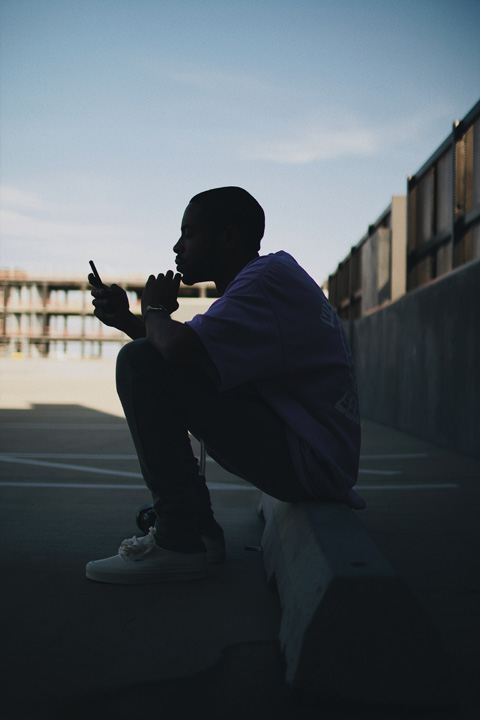
Since 2010, we have officially been living in the digital age and no longer in the industrial age. Besides technology, it is above all the structures that are changing our everyday lives and creating new opportunities. To be able to use these new opportunities,
we need digital skills. Humans have 64, of which around 48 were trained in the industrial age. In digitalization, we now need 10 to 16 others. To learn these, real digital experience is needed. Within the digital structures and their possibilities.
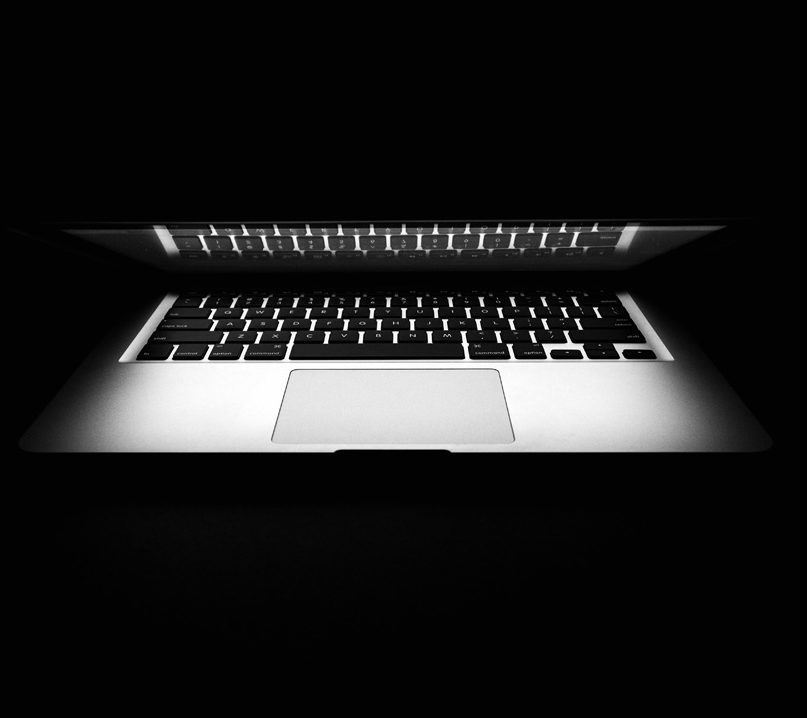
However, most people hardly have direct access to digitality. Even though many companies and organizations now use digital technologies, they still work in industrial structures. Even the big Google, Facebook and Microsoft are still largely based on industrial structures.
By the way, this is also because we want it that way. Last but not least, the legendary General Data Protection Regulation sets the frame: we are not allowed to collect and manage our data ourselves, but large corporations are allowed to do so. To put it simply, they are not allowed to do anything bad with it. But we can’t act on our own data and therefore it’s hard for us to develop digital skills, because we don’t have the opportunities.
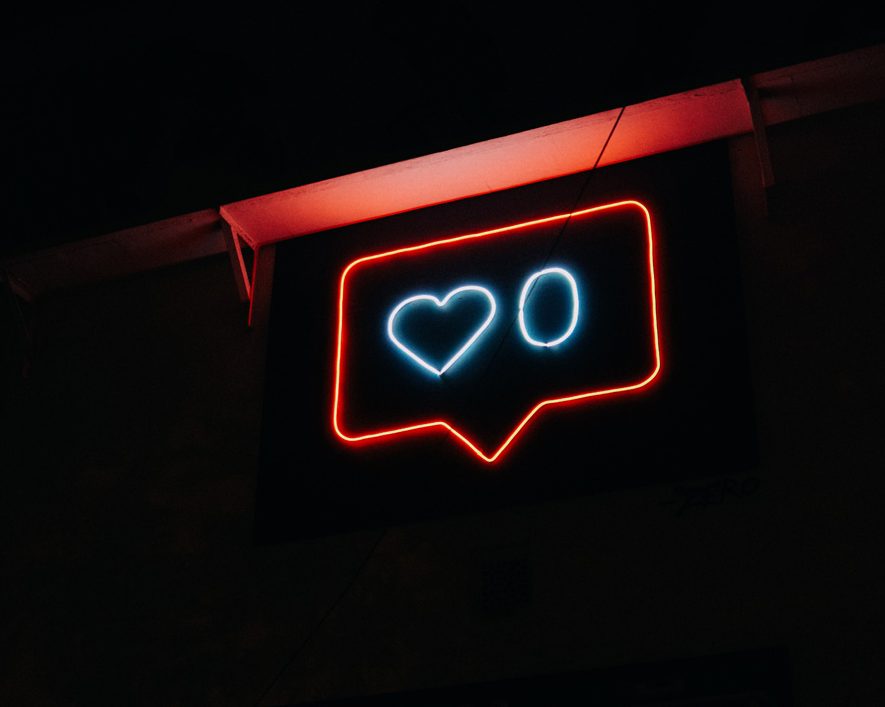
We are in need of a data copyright law that allows and grants us direct access to our data digitality and its possibilities. Then we could gain real experience. Remember the early days of the Internet, when for many people access to the net was provided by AOL. That was a preconfigured and highly limited view of the net, with offerings that were selected only by AOL.
For many people, this was a blessing, as the internet was still too big an incomprehensible thing. But it quickly became clear that it wasn’t really the Internet. It’s the same with digital at the moment. We have access to a few navigation services and offers from a few large companies, but we’re not really digital yet. So, we can hardly gain any real experience. But that will come. Similar to AOL, there will be a breakup of these large structures and of the platforms, too.
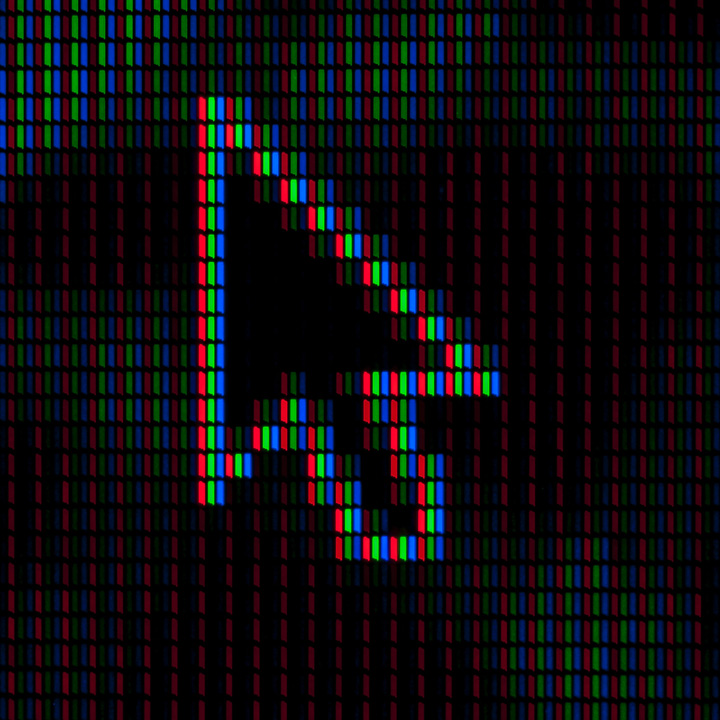
Because if we ourselves are the owners of our data and have direct access to it, then this also applies to all other people, products, regions, companies … . We can then match ourselves with what suits us best. Then we collect real experiences. To be on the safe side, we then have our data backed up in a cloud of our savings bank, since these, organized cooperatively or in society, come closest to a general social structure.
My conclusion: at the moment we still have few real digital competencies or can train them. But such structures will come as soon as we have more data autonomy. This is what we should strive for. And approach life and the new possibilities of the digital with courage.
Think about it: If we ourselves own our data, this could be a big step towards a real democratisation of our society. A good step toward a good future – for all of us.


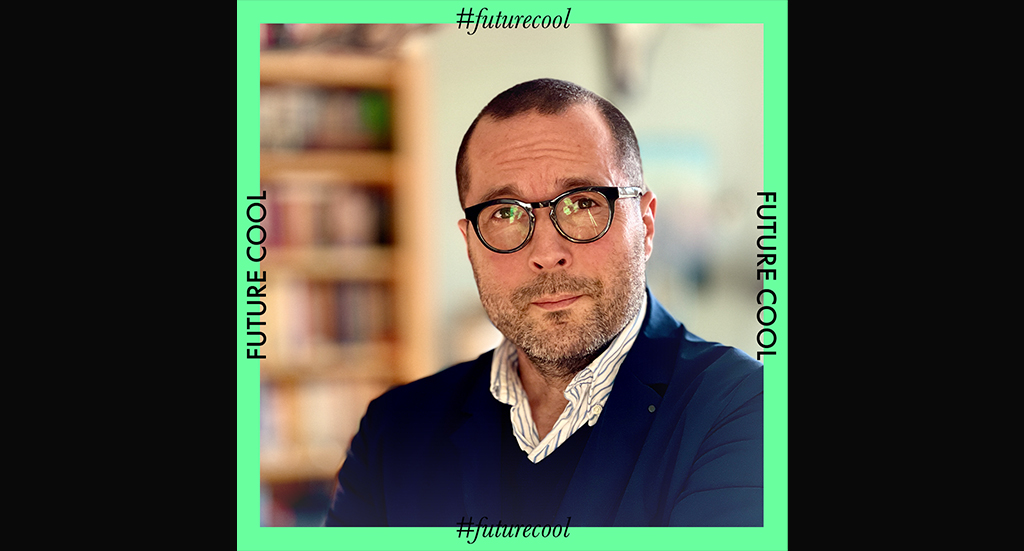


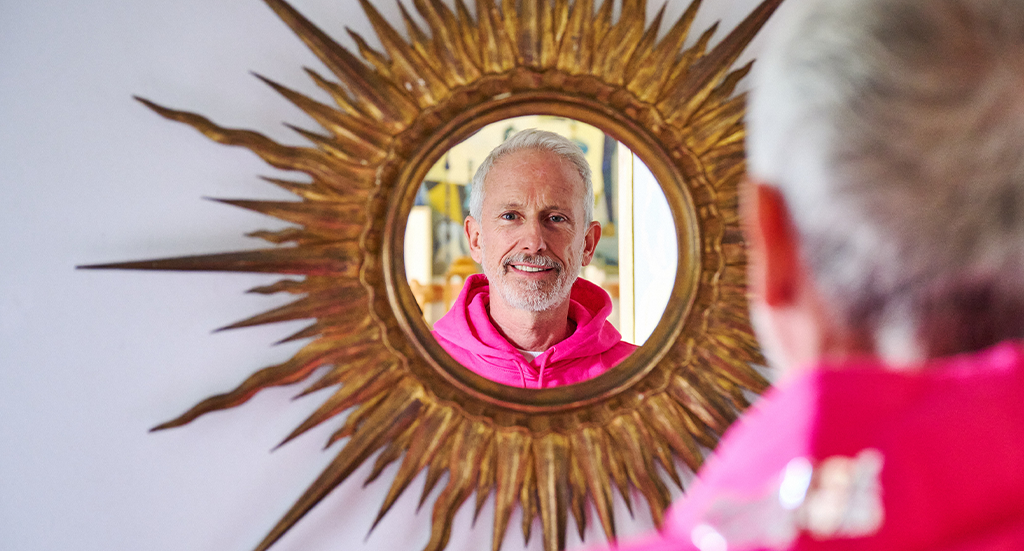
Join our Community